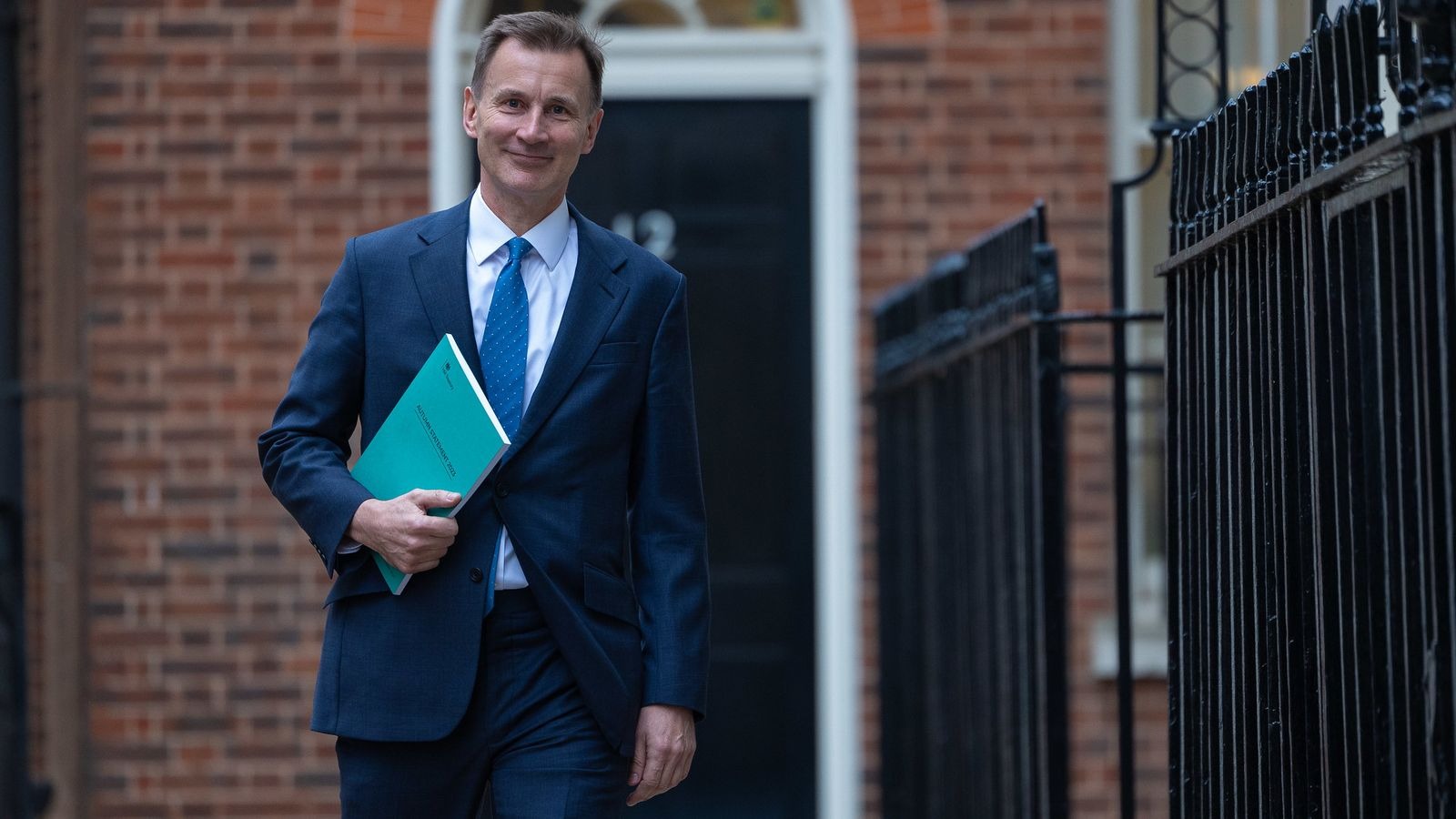Jeremy Hunt has acknowledged that the Conservative Party’s stated goal of ultimately ending national insurance contributions (NICs) will not be achieved “any time soon,” despite leaving room for potential pre-election giveaways.
The Chancellor, Rishi Sunak, allocated approximately £10 billion for a 2p cut to national insurance in his spring Budget. However, experts predict the UK tax burden will still reach a record high.
During recent broadcast interviews, Hunt expressed a desire to “end the unfairness” of the current system but noted that eliminating NICs would be a monumental task.

Jeremy Hunt (Credits: Evening Standard)
The Conservative government has outlined its long-term objective of eliminating what it considers a “double tax on work” by removing both national insurance and income tax, a move that critics have labeled reckless.
Hunt stated, “That’s a huge job… I don’t think it’s realistic to say that will happen soon.” He suggested that the government could potentially “merge” national insurance and income tax, although it remains unclear how such a merger would function. For example, pensioners pay income tax but are exempt from NICs.
The independent Office for Budget Responsibility indicates that income tax generated approximately £251 billion in 2022-23, while national insurance contributed around £177 billion. Merging the two could potentially increase income tax rates to compensate for the loss of revenue from NICs.
Shadow Chancellor Rachel Reeves criticized abolishing NICs altogether as “irresponsible” and likened it to the chaotic £45 billion tax-cutting mini-budget proposed by former PM Liz Truss. Reeves argued that promising such cuts without a clear funding plan is irresponsible.
Downing Street emphasized that the abolition of NICs will only occur “when it is responsible and can be achieved without increasing borrowing.”
The government has been focused on reducing taxes for working families. Still, the recent Budget analysis suggests that this Parliament is the first in modern history to see a drop in living standards.
Hunt indicated that he is not planning another fiscal event before the election but acknowledged that if there is an autumn election, as is the working assumption, then theoretically, another statement could be possible.
The prospect of another statement before the election may give hope to Tory backbenchers who feel that the Chancellor could have gone further in the Budget. However, Hunt’s options are limited, with tight spending restrictions and limited headroom against his debt target.
Independent think tanks have stated that the Budget leaves the “big picture” largely unchanged, with overall taxation rising due to fiscal drag. The Resolution Foundation reported that this Parliament is the first in modern history to see a fall in living standards, with real household disposable income set to drop by 0.9%.
The Labour Party has criticized the Budget, arguing that the average family will be £870 worse off by 2028/29, largely due to frozen tax thresholds. Labour has also pledged to look at the government’s plans and “adapt” its own proposals accordingly.























